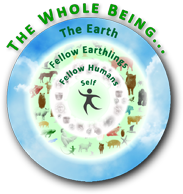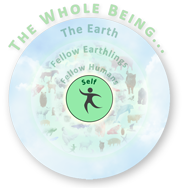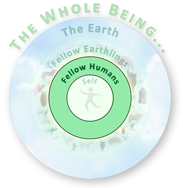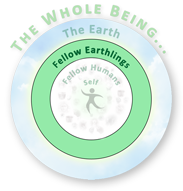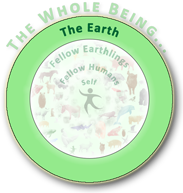Resource Library
To narrow down the list to only resources personally endorsed by CNCL, tick the “CNCL-Endorsed” box.
Please let us know if you find any errors or dead links.
Click here
for a list of…![]()
Broad-Coverage Independent News
& Media Sites
“Veganic farms can be found across the country, but until today, finding them required detective work. Thanks to the work of Professor Mona Seymour at Loyola Marymount University, we are excited to share a map of self-identified veganic, vegan organic, and stockfree organic farms in the United States. The map also includes farms that identify with a method that is veganic in its nature. For the purposes of this mapping project, veganic is defined as growing organically and without inputs from farmed (or formerly farmed) animals. All farms listed here have commercial, charity, educational, or research components (on top of any subsistence function that the farm may have) – they are farms that bring veganic produce or knowledge to a broader community. These farms grow vegetables, fruits, grains, and other food items; the map does not include marijuana farms. Some of the farms on this map are not entirely veganic but might be featured because they exclusively use veganic methods on some of their fields. Click on the dots for details about each farm.” “Documentary filmmaker James LaVeck shares personal stories about becoming a social justice artist. He explains how any motivated individual can overcome obstacles to living a meaningful life and making a difference for those most in need. James describes how he and fellow filmmaker Jenny Stein have come into contact with some of the best and worst of humanity during their 18 years of partnership at Tribe of Heart. Pursuing a path of conscience inevitably leads to unexpected challenges, but it also promises deep rewards, and an unending adventure of the heart and mind.” “Marti Kheel was a prominent writer and activist in the areas of ecofeminism, animal advocacy, and environmental ethics and author of the recently published Nature Ethics: An Ecofeminist Perspective. Her articles have been widely published in journals and anthologies both within the United States and abroad.” Book: “Using the Civil Rights struggle as his historical perspective, the author has created a detailed and absorbing chronicle of Martin Luther King’s leadership during the most tumultuous period in America’s recent past.” Book: “Marshall Frady, the reporter who became the unofficial chronicler of the civil rights movement, here re-creates the life and turbulent times of its inspirational leader. Deftly interweaving the story of King’s quest with a history of the African American struggle for equality, Frady offers fascinating insights into his subject’s magnetic character, with its mixture of piety and ambition. He explores the complexities of King’s relationships with other civil rights leaders, the Kennedy and Johnson administrations, and the FBI’s J. Edgar Hoover, who conducted a relentless vendetta against him. The result is a biography that conveys not just the facts of King’s life but the power of his legacy.” “This exercise helps a group match tactics (specific actions) and the objectives to reach the campaign’s goals. This exercise is helpful when a group has not fully decided on action plans.” (2 page pdf) Book: “The author of Diet for a New America shows how we can significantly improve ourselves and the world by changing the way we eat. May All Be Fed explains why so few have so much to eat and why so many have so little, and it shows how everyone can make a difference by altering food choices.” “The purposes of the “Mayors for Peace” are to contribute to the attainment of lasting world peace by arousing concern among citizens of the world for the total abolition of nuclear weapons through close solidarity among member cities as well as by striving to solve vital problems for the human race such as starvation and poverty, the plight of refugees, human rights abuses, and environmental degradation.” “This is the official, full-length (81 min) version of our 2005 documentary, McLibel…The first documentary from renowned director Franny Armstrong (The Age of Stupid, Drowned Out), McLibel tells the true story of two ordinary people who battle McDonald’s in what became known as “the biggest corporate PR disaster in history” (Channel 4 News). “ “Hello. And welcome. To McSpotlight. The biggest, loudest, most red, most read Anti-McDonald’s extravaganza the world has ever seen. Anything you could possibly want to know about McDonald’s or McLibel nestles somewhere in our 21,000 files. Don’t get us wrong, though, we’re not telling you to give up your Big Macs. We just provide the info for you to judge for yourself.” “The report presents a global perspective on the impacts of industrial meat and dairy production, and illustrates its increasingly devastating impact on society and the environment. The way we produce and consume meat and dairy needs a radical rethink. The Meat Atlas aims to catalyse the debate over the need for better, safer and more sustainable food and farming and advocates clear individual and political solutions.” (68 page pdf) “EWG’s Meat Eater’s Guide to Climate Change + Health can help you green your diet. It provides useful information about the climate, environmental and health impact of your protein choices…To assess climate impacts, EWG partnered with CleanMetrics, an environmental analysis and consulting firm, to do lifecycle assessments of 20 popular types of meat (including fish), dairy and vegetable proteins. Unlike most studies that focus just on production emissions, our assessment calculates the full “cradle-to-grave” carbon footprint of each food item based on the greenhouse gas (GHG) emissions generated before and after the food leaves the farm – from the pesticides and fertilizer used to grow animal feed all the way through the grazing, animal raising, processing, transportation, cooking and, finally, disposal of unused food.” “Directed by Mayank Jain and conceptualized by Shri Jai Kishan ‘JK’ Jhaver, this science-based film raises issues about the role of poor lifestyle—especially improper eating habits—in the spread of chronic diseases like cancer, cardio vascular diseases, diabetes, kidney disorders, neurological problems etc. The prevalent western diet results in consumption of huge amounts of animal proteins, dietary cholesterol, saturated fats and harmful chemicals which play a key role in the spread of life-threatening disorders. This diet, unlike a whole-foods-plant-based diet, lacks ‘good-health-agents’ like dietary fiber, anti-oxidants and phyto-nutrients. Owing to higher intake of animal-based food and fast foods, there is an abnormally high increase in the spread of colorectal cancers, heart problems, kidney failures and type-2 diabetes throughout the world. The film gives plenty of evidence to portray the negative influence of bad diets to human health—by drawing heavily from studies carried out by topmost international medical institutions. The data shows conclusively that some of the most dangerous chronic diseases could not only be controlled but even reversed with help of a low-fat-whole-foods-plant-based diet.” “We are a Texas-based nonprofit dedicated to providing a public resource of reliable information about the health, environmental and ethical implications of using and consuming animals. We also cover a number of important and related topics, including the role of human population growth in exacerbating current environmental challenges. We focus primarily on creating short informational video presentations, interviewing experts, and writing articles. We provide the underlying sources and studies referenced in all of our presentations and articles.” “Media Alliance was formed in 1976 by a group of media workers to unite the professional media community with the public interest communities of the Bay Area. MA was founded with the belief that in order to ensure the free and unfettered flow of information and ideas necessary to maintain a truly democratic society, media must be accessible, accountable, decentralized, representative of society’s diversity and free from covert or overt government control and corporate dominance. MA dedicates itself to fostering a genuine diversity of media voices and perspectives, holding the media accountable for their impact on society and protecting freedom of speech. Media Alliance is a media resource and advocacy center for media workers, non-profit organizations, and social justice activists.” “Our aim is to raise awareness of the systemic failure of the corporate media to report the world honestly and accurately. We encourage readers to challenge the journalists, editors and media managers who set news agendas that traditionally reflect elite interests. Any improved performance resulting from this public pressure, while important, is always likely to be marginal. So we also hope to encourage the creation of non-corporate media – good examples are Democracy Now!, The Real News Network and ZNet – that offer genuine alternatives to the corporate mainstream. Fundamentally, our goal is to reduce human and animal suffering wherever it occurs.” “The root system of a tree is five times more extensive than the tree itself, and reaches far underground to form a solid base for growth and nourishment. Just as this root system is integral to the survival of the tree, media is integral to the foundation and survival of a democracy. Media Roots is a citizen journalism project that reports the news from outside of party lines while providing a collaborative forum for conscious citizens, artists and activists to unite.” “MediaJustice (formerly Center for Media Justice) is a racial justice hub for winning equity in a digital age. We boldly advance communication rights, access, and power for communities harmed by persistent dehumanization, discrimination and disadvantage. We envision a future where everyone has sustained and universal access to open and democratic media and technology platforms; a future in which we are all connected, represented and free.” “Peace, connection, happiness and fulfillment are learnable skills. When we are able to understand and communicate our needs with clarity, and with empathy for the universality of those needs, conflict leads to connection. The illusion of separation between self and other fades. Finally, we are at home with the world, and can work together to respond to the challenges we face.”Found 2072 Results
Mapping veganic farms in the United States
![]()
Marching to a Different Drummer
![]()
Marti Kheel
![]()
Martin Luther King, Jr., on Leadership: Inspiration and Wisdom for Challenging Times
Martin Luther King, Jr.: A Life
Matrix Exercise
![]()
May All Be Fed: ‘a Diet For A New World : Including Recipes By Jia Patton And Friends
Mayors for Peace

McLibel: full documentary (Official)
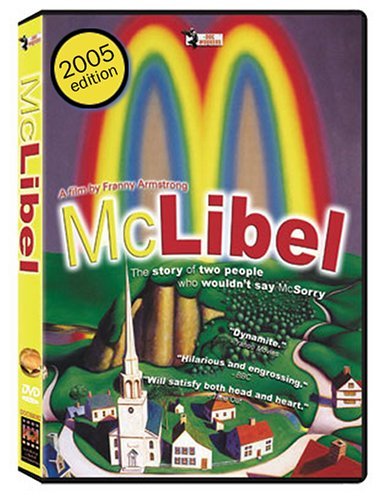
McSpotlight

Meat Atlas: facts and figures about the animals we eat
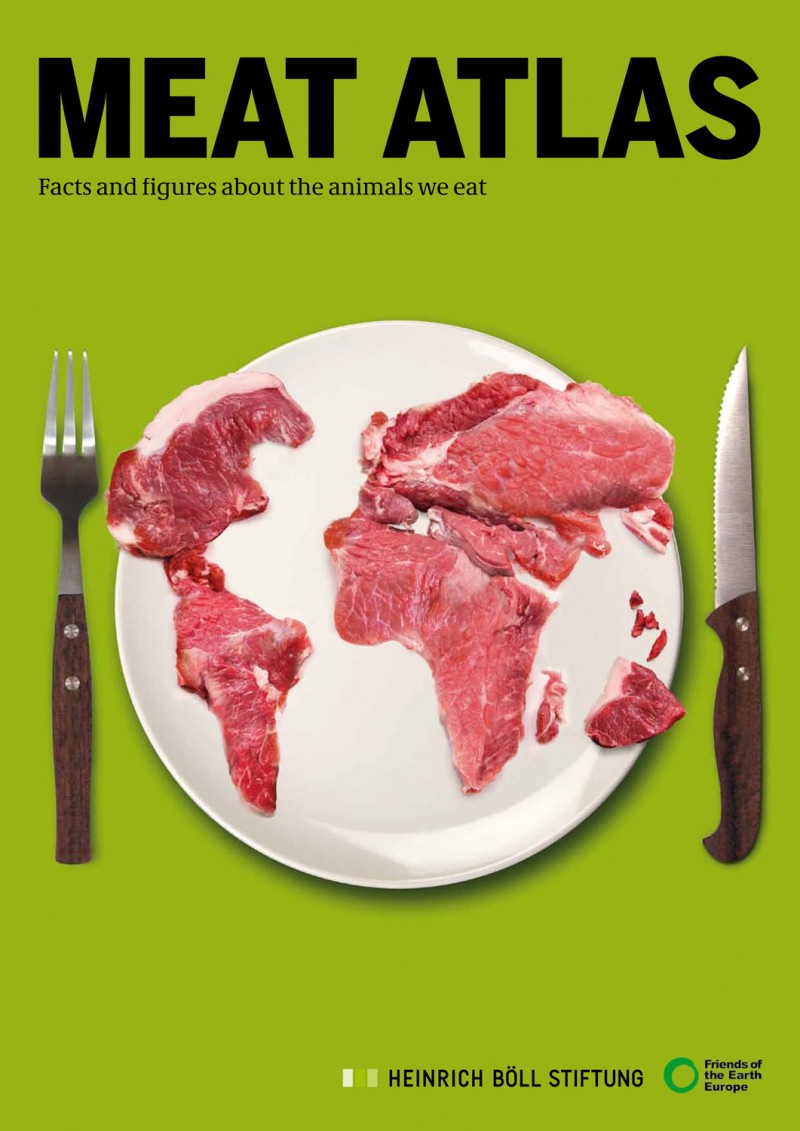
Meat Eater’s Guide to Climate Change & Health

Meat Kills

Meat Your Future
![]()
Media Alliance

Media Lens
![]()
Media Roots

MediaJustice
![]()
Mediate Your Life
![]()

